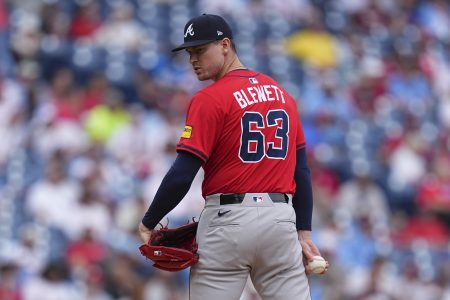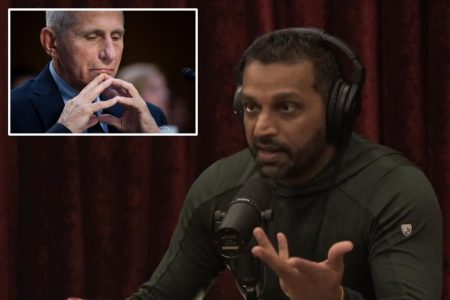The Los Angeles Dodgers, fresh off their 2024 World Series victory, are actively seeking to bolster their already formidable roster. While their primary target appears to be the familiar face of Teoscar Hernandez, a key contributor to their championship run, the competitive free-agent market poses a challenge to securing his return. Recognizing the possibility of missing out on Hernandez, the Dodgers are exploring alternative options to reinforce their outfield. One such avenue involves a potential trade for Seiya Suzuki, the talented right fielder currently playing for the Chicago Cubs.
Suzuki’s acquisition would represent a strategic move for the Dodgers, adding another potent bat to their lineup. While not a pressing need given their existing outfield depth, the opportunity to acquire a player of Suzuki’s caliber could prove too tempting to resist, especially if a favorable trade scenario emerges. The complexities surrounding such a trade, however, are significant. Suzuki possesses a full no-trade clause, granting him considerable leverage in determining his future destination. Furthermore, his reported dissatisfaction with serving primarily as a designated hitter during the latter part of the 2024 season suggests that a guaranteed outfield position would be a prerequisite for any potential move. The Dodgers, with their strong outfield rotation, might struggle to offer Suzuki the consistent starting role he desires.
The financial implications of acquiring Suzuki also present a significant hurdle. His current contract carries a substantial financial commitment over the next few seasons, making the Cubs’ willingness to absorb a portion of his remaining salary a crucial factor in any potential trade. A hypothetical scenario could involve the Dodgers parting with a promising young pitcher like Bobby Miller, coupled with the Cubs agreeing to cover approximately half of Suzuki’s remaining contract value. Such a compromise would potentially satisfy both teams, allowing the Dodgers to acquire a valuable offensive asset without crippling their future payroll flexibility, while providing the Cubs with a young, controllable arm to bolster their pitching staff.
Beyond the pursuit of Suzuki, the Dodgers are concurrently engaged in the competitive free-agent market, vying for a $71 million star, reportedly facing competition from two American League East teams. This demonstrates the Dodgers’ proactive approach to roster construction, exploring multiple avenues to enhance their team. While Hernandez remains the preferred target, the Dodgers are demonstrating a willingness to pivot and consider alternative options like Suzuki, should their pursuit of Hernandez prove unsuccessful. This proactive and multifaceted approach to roster management reflects the Dodgers’ commitment to sustaining their competitive edge and building a dynasty.
The Dodgers’ interest in Suzuki underscores their commitment to maintaining their offensive firepower. While their outfield already boasts considerable talent, the addition of Suzuki would provide further depth and flexibility. His proven ability to hit for average and power would make him a valuable asset in a potent Dodgers lineup. However, the Dodgers must carefully weigh the costs and benefits of such a move. Surrendering a young pitcher like Miller represents a significant investment, and the financial burden of Suzuki’s contract adds further complexity to the equation. Ultimately, the Dodgers’ decision will depend on a variety of factors, including the availability of Hernandez, the willingness of the Cubs to negotiate a reasonable trade package, and the Dodgers’ overall assessment of their roster needs and financial limitations.
In conclusion, the Los Angeles Dodgers find themselves in a desirable position, seeking to further strengthen their championship-caliber roster. While the pursuit of Teoscar Hernandez remains a priority, the exploration of a potential trade for Seiya Suzuki highlights their proactive approach to team building. The complexities of such a trade, including Suzuki’s no-trade clause, his desire for a starting outfield role, and the financial considerations associated with his contract, present significant challenges. However, the potential reward of adding another dynamic offensive weapon to an already formidable lineup makes Suzuki an intriguing target for the Dodgers. The coming weeks will reveal whether the Dodgers can successfully navigate these complexities and ultimately land their desired reinforcements.










